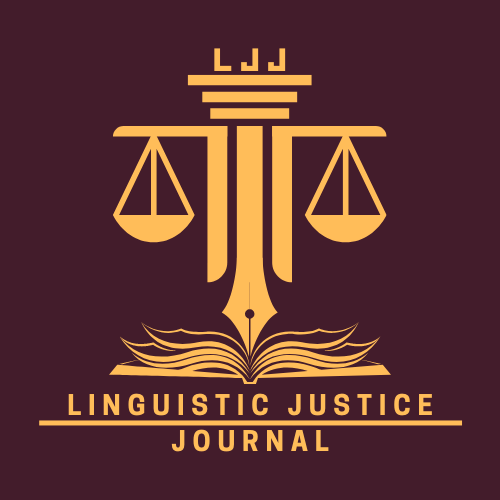Issue Two Launch | 4.15.24.
Read a curated collection of UIC undergraduate personal narratives exploring experiences with linguistic justice and imagining new means of linguistic expression.
Letter to the reader
Dear Readers,
As we present the second issue of the Linguistic Justice Journal, we are all reminded of the power of language to mold our view of the world and impact how we communicate with one another. This issue is a testament to the resiliency and ingenuity of those who navigate linguistic injustices in everyday lives.
We have had the honor of receiving submissions this year that not only go against conventional notions of language but also look at creative approaches to breaking down linguistic boundaries. From academic research to visual media, our contributors have challenged limits of expression to bring to light the complexities of linguistic injustice.
We want to sincerely thank each and every one of the contributors whose work has made this issue possible. Your insights are crucial to our collective progression toward a more equitable and culturally aware society.
The Linguistic Justice Journal would not have been realized without the support of Dr. Mark Bennett, Director of UIC’s First-Year Writing Program, Dr. Sarah Primeau, Associate Director of UIC’s First-Year Writing Program, and Dr. Margena A. Christian, Senior Lecturer in English (Professional Writing) and the Linguistic Justice Journal’s gracious faculty adviser. We thank them for their contributions to the journal and their partnership in creating the foundations for such conversations to be possible.
Language is a reflection of our identities, cultures, and history, as well as a tool for communication. This issue asks you to think about the power dynamics that exist within language and to discuss how we can collaborate to create a more just and inclusive linguistic landscape.
We hope that the narratives and points of view presented in this issue will motivate you to have important discussions with others in your community regarding linguistic justice. Let us use this journal as an instrument for change and an avenue for amplifying voices that are often marginalized.
Thank you for being a part of this essential conversation. Together, we can build a world where linguistic justice is not just a goal but a reality.
Sincerely,
Nati Madrigal, Editor/Content Lead
Ella Rappel, Editor/Engagement Lead
Tylor Andrus, Editor/Design Lead
Titles
